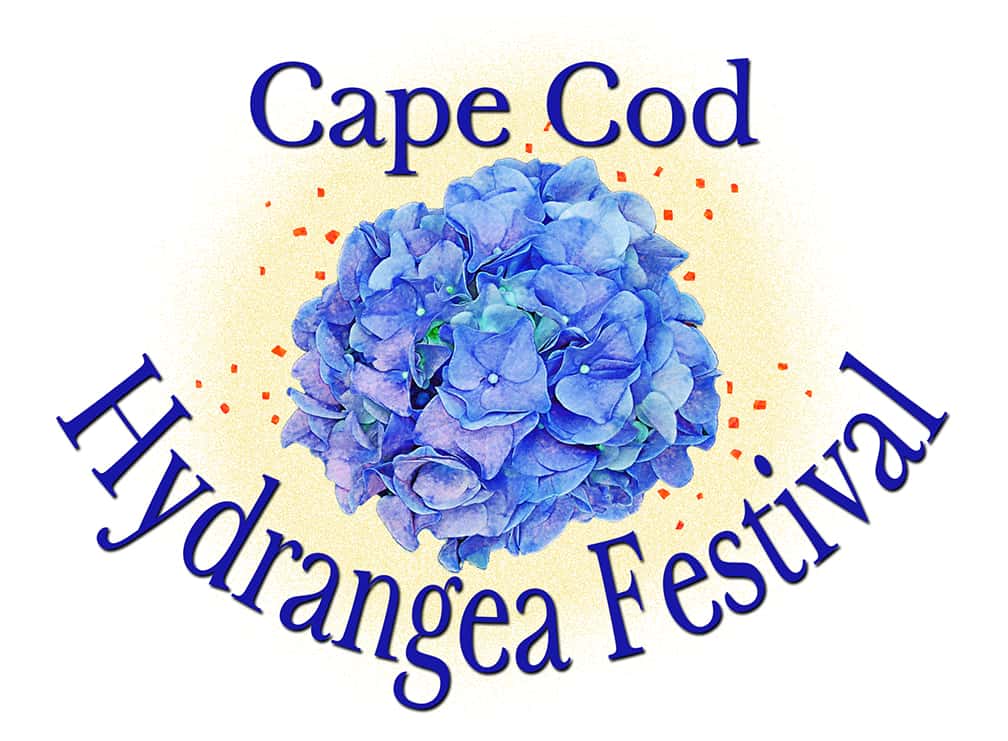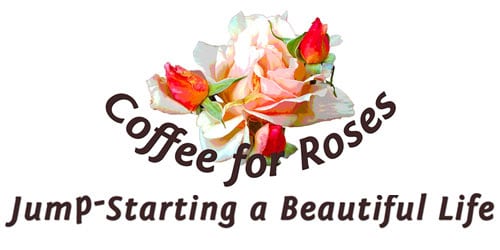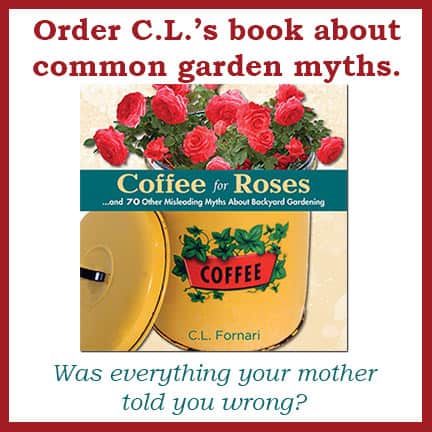My four words on the fourth of November are about growing a garden festival on Cape Cod. Yes, I realize that many readers of this blog are not on the Cape, but I ask you to consider that a regional festival organized around people sharing their gardens might be as much a win-win-win for your area as much as a Hydrangea Festival is for Cape Cod. Garden festivals spread appreciation for and inspiration about plants and gardening. What a wonderful thing to grow. 
My op-ed piece that was published in the Cape Cod Times:
Sometimes all it takes is a group of people who are willing to say, “Let’s do this!” Cape gardeners, landscapers, and homeowners have the opportunity to grow something that is beautiful and beneficial with a Cape Cod Hydrangea Festival.
Imagine ten days in July when Cape gardens are open to the public for the benefit of local non-profits. Picture people from throughout the world coming to Cape Cod to enjoy beautiful landscapes and our community spirit. Consider ten days of exhibits, educational presentations and special events at businesses, churches, and museums. All of this organized around a celebration of gardens and Cape Cod’s signature flower, the hydrangea.
Other communities have seen the value of garden tourism. Garden Walk Buffalo, two days of garden tours in upstate New York, has a $4.5 million dollar impact on that region. This annual event began 20 years ago with 29 gardens on tour and now includes close to 400 private and public gardens that are open during the event in late July. This is just one example of the many towns that have open garden festivals.
Churches, arts organizations, and other groups have been holding garden tours as fundraisers for years. These are mainly promoted locally but they draw out-of-town visitors largely by happenstance. By uniting around the plant that has come to signify region, Cape groups have the opportunity to further grow a successful way to raise funds.
Organized under the umbrella of the Cape Cod Chamber of Commerce (www.eCapeChamber.com) the Cape Cod Hydrangea Festival (CCHF) would be held annually spanning the second and third weekend of July. Participating businesses and non-profits would become members of the CCHF and the Chamber would market this event and provide the core organization.
Cape gardeners, homeowners and professional landscapers would offer open gardens during this period. A garden could be on tour for one day only or for several days. Finding the gardens and staffing them would be the responsibility of participating non-profits. The $5.00 entry fee for each garden would go to that non-profit. All gardens would be listed on the CCHF website where there would be a daily menu of garden tours available throughout the festival.
Businesses who joined the CCHF could offer their own Hydrangea Festival packages, sales or events and be listed on the website. Restaurants might feature a local-produce special in addition to their regular menu during the event. The CCHF might ask bartenders in these restaurants to develop their own “Hydrangea Cocktail” (“Do you want yours pink or blue?”) and have patrons vote for their favorite online.
Bed and Breakfasts could get in on the friendly competition by offering their guests a Hydrangea package that includes a choice of blue or pink muffins for breakfast. Note that all hydrangea-edibles must be done in spirit and name only as none of the parts of this shrub are edible.
How would this event benefit the gardeners and homeowners? It is on their participation that the entire ten-day festival would be based, of course. As a garden geek who has had my property open for various fundraisers, I can speak to the satisfaction that comes from sharing a landscape. It’s gratifying to be able to use the beauty of your surroundings for a greater good.
Additionally, gardeners get great pleasure from introducing others to favorite plants and flower combinations. Many are pleased to show off the creative additions they’ve made to the landscape in the form of ornaments, ingenious solutions to problems, or the creation of outdoor rooms.
By sharing private landscapes as part of the CCHF, gardeners, homeowners and landscapers would know that in addition to creating lovely surroundings they are also growing local educational foundations, arts organizations, churches, shelters, and other non-profits.
Interested in learning more? Contact me.
Let’s grow this.




